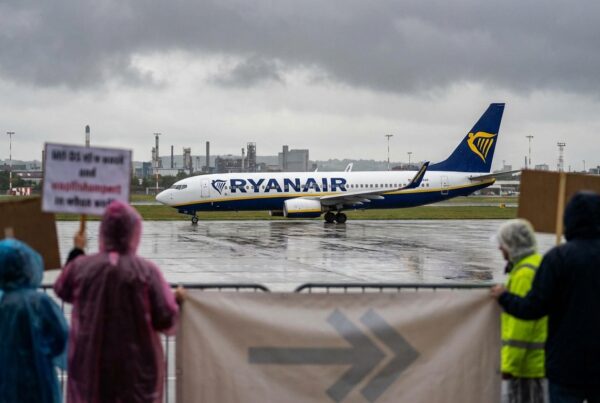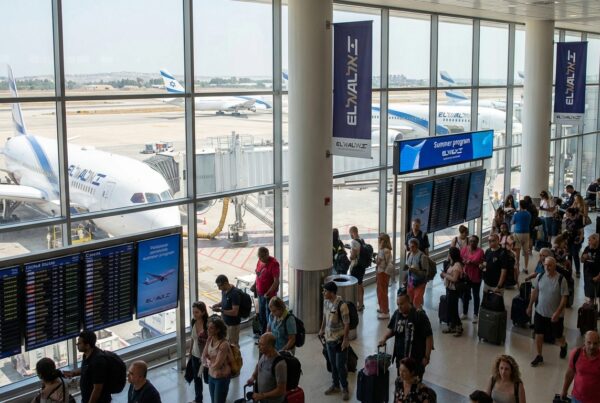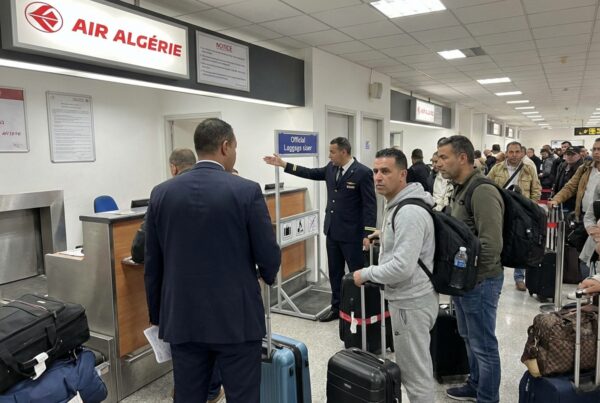The lifting of the U.S. federal "shutdown" has been welcomed as a breath of fresh air for airlines and travelers alike, but the full resumption of air services will not be instantaneous. Thousands of flights were cancelled or delayed during the budget paralysis, and getting operations back on track requires complex coordination between controllers, airports, airlines and ground staff.
Faced with a situation that is still very disrupted, Flywest advises passengers to expect last-minute adjustments, and to allow for a delay before traffic returns to normal. Here's what you need to know to understand the extent of the phenomenon and prepare for your travels.
Why the back to normal will take time
Restoring service to a disrupted air network is more than just resuming schedules: it's an operational and human process. Air traffic control teams, ramp agents, security personnel and operations teams have to reconstitute schedules, recover landing and takeoff slots, and reassign crews. Flywest points out that administrative queues and accumulated fatigue may force centers to maintain temporary restrictions in order to guarantee safety.
Impact on flight schedules and fleet management
Airlines have adjusted their schedules to limit risks and protect operational safety: eliminating frequencies at major hubs, temporarily reducing capacity and reassigning aircraft. These decisions have a domino effect on connections, causing additional delays on secondary and international routes. Reconstituting a stable schedule requires several aircraft rotations and validation of slots with airport authorities.
Human resources and regulatory constraints
Restoration also involves restoring the workforce to its former levels. Air traffic controllers and other staff have to return to a normal working rhythm, sometimes after a period without pay or with forced leave. This transition is taking place under the strict control of administrations and operators, to avoid burnout and preserve flight safety. Flywest insists that temporary limitations will remain possible until operational indicators are stabilized.
Consequences for passengers: cancellations, delays and connections
Passengers can be faced with rerouting, itinerary changes and extended waiting times at airports. Major hubs have often prioritized safety and flow management, to the detriment of instantaneous resumption of full service. In this context, the search for alternative solutions (subsequent direct flights, itineraries via other hubs, or changing airlines) becomes a daily reality for those who have to travel during the stabilization period.
How companies handle affected files
In the days following the end of the shutdown, airlines are formalizing refund, rerouting and assistance offers. Sales and customer relations teams are under heavy pressure, with call centers and airport counters expected to be saturated. Flywest advises you to use digital channels for urgent requests, and to keep all your travel documents to make the process easier.
What to do if your flight is cancelled or delayed?
If you are affected, stay informed in real time via your company's app or website and via your booking notifications. Contact customer service for refund or change options, and consider alternative travel arrangements. In the event of a missed connection, immediately ask the airline for its proposals for re-routing and accommodation, if necessary.
Your rights and potential compensation
Depending on the nature of your ticket and the applicable jurisdiction, you may be entitled to a refund, rerouting free of charge or assistance (meals, accommodation). Flywest reminds you that it is essential to document any expenses incurred as a result of a cancellation, so that you can claim reimbursement at a later date if the company does not offer immediate compensation.
Preparing for a trip during the recovery period
If your trip is flexible, consider postponing it by a few days to avoid the peak of disruption. If travel is imperative, anticipate large margins for connections and plan alternative accommodation and ground transportation. Flywest also recommends taking out travel insurance to cover cancellations and losses due to major disruptions, and checking the refund policy of your payment method.
Finally, bear in mind that the majority of air transport players are doing their utmost to quickly normalize the situation. Cooperation between authorities, airports and airlines will enable a gradual reopening of capacity and, in time, a return to regular international and transatlantic traffic.




